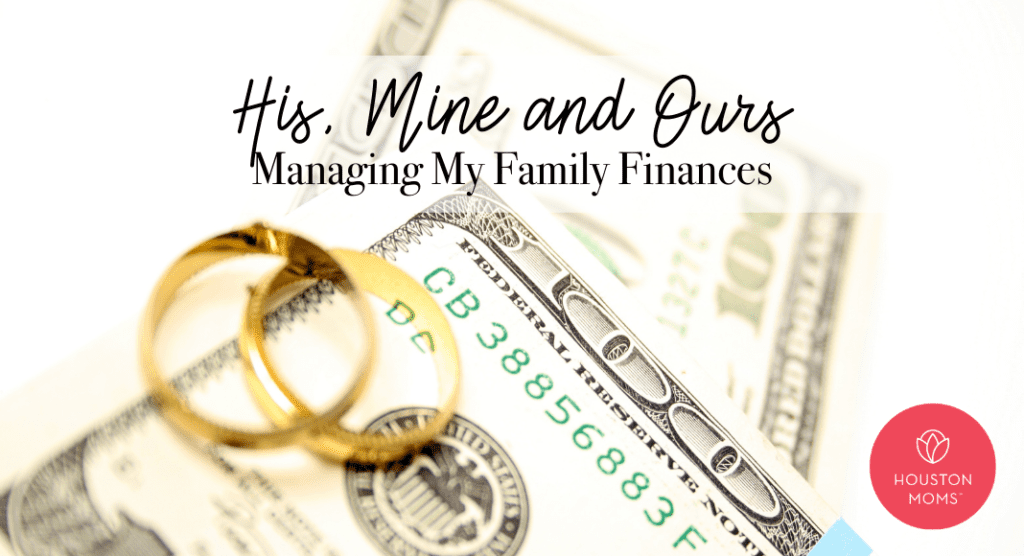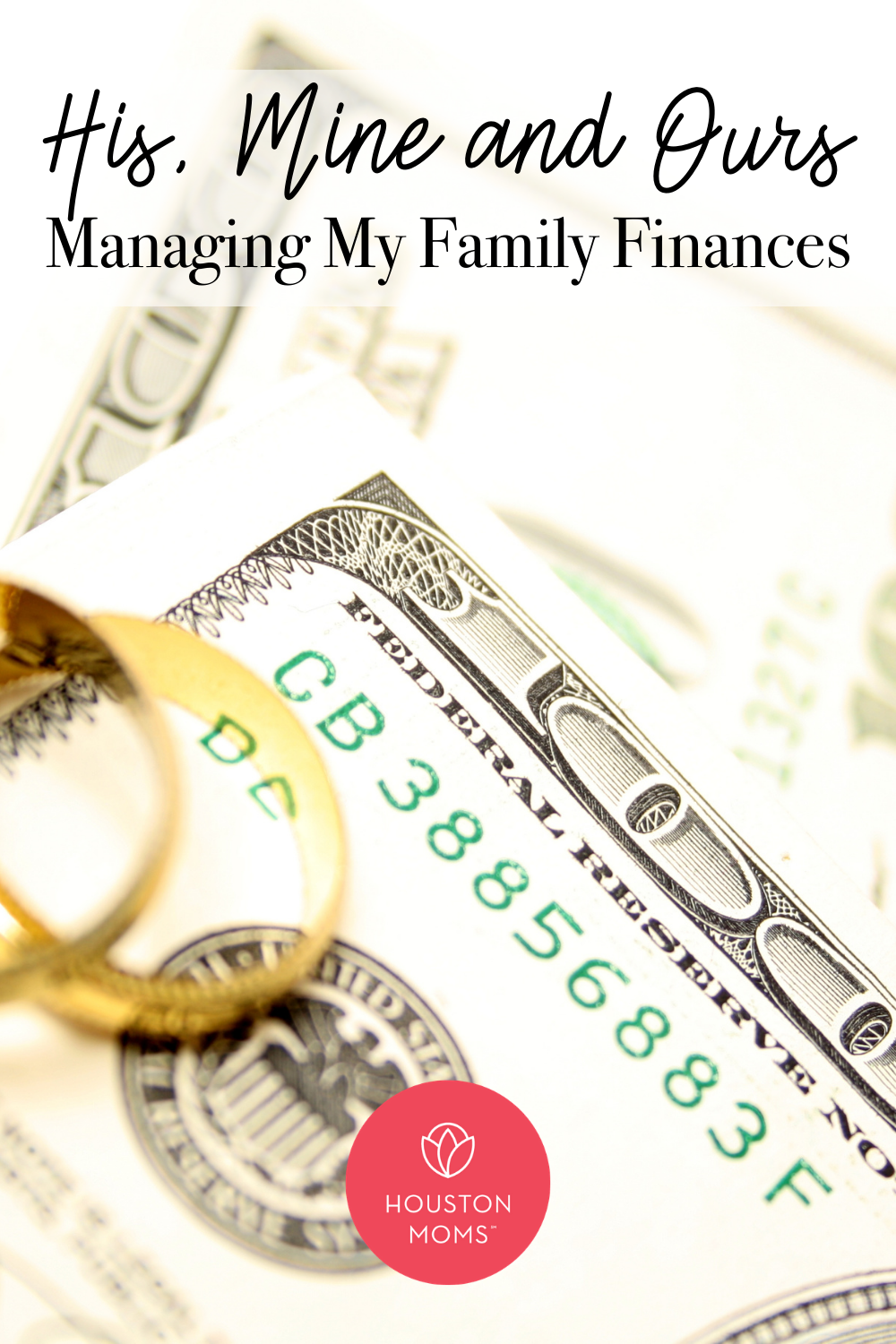
I have a confession:: I am super weird about money. Not weird about money like I am one of those mega savers that rinses out zipper bags to pinch pennies and no, I don’t stash money under mattresses either. But weird in the sense that I freak out and lose sleep over owing anyone money {minus our mortgage company of course and the Federal Government who was kind enough to give me A LOT of student loans back in the day}. I did not grow up with a lot of money laying around and our family finances went through our fair share of hard times over the years. I’ve worked non-stop since I was 16 years old and the thought of being unemployed and unable to support myself catches my breath. Our prior history often shapes us in ways that we sometimes cannot explain, and I probably need to email a copy of this post to a therapist as soon as possible. But here are some examples of how I am weird about money::
- I have probably only been on 3 dates in my entire life where I did not pay for my fair share of the bill. And the only reason those happened was because my date settled the check either while I was in the restroom or somehow convinced our server to allow him to pay despite my protest.
- When eating out with others at a restaurant, I literally cannot focus the second the server brings the bill to the table. I immediately reach for my wallet and it’s a race to see how quickly I can put my debit card down on the table.
- I refuse to allow friends to do things for me “at cost” because in my mind there is a fair market value for everything. I have several friends who have those vinyl cutting machines and they’ve made some shirts for me from time to time. If they try and charge me for just their cost, I always and I do mean ALWAYS round up to take into account the cost of their time.
- I get uncomfortable if it takes girlfriends of mine a few days after we get back from a girls trip to sort out who owes what for the trip because in my mind I have unpaid debts at that point. I’ve been known to literally “pre-pay” and tell my friends to let me know what I owe beyond that.
- I am a huge softie for hard working people who are dealing with hard things. If you are a Shipt or a H-E-B delivery driver, you definitely want me as a customer because hard things like ensuring my family has groceries during a global pandemic earns you anywhere from a 25-50% tip. Those who know me know that I am a BIG emotional tipper. I will never forget how thankful and appreciative I was to receive my very first Shipt delivery order at the very beginning of the Coronavirus back in March. I tipped the driver $40 cash on an $85 order because I was so grateful that I didn’t have to go into the store and possibly expose myself in the early days when there was so much uncertainty around virus transmission.
- I am also a softie for hard working people who find themselves in hardship situations that are beyond their control. During the first 6 months of the Coronavirus, I did not enter a hair salon yet continued to Venmo my hair stylist my usual amount so that she and her family did not go without.
- It makes me super uncomfortable when people buy me birthday gifts or treats because there’s no way I could keep up with doing the same for all of my friends and I feel like if someone does something nice for me, I MUST do it for them in return.
- It really irks me when people assume that I do not work. Right, wrong or indifferent, my career is a big part of my identity. The fact that I make a good living for our family and also that I am so weird about money sometimes makes me do crazy things. For example, we are on my husband’s medical insurance. But I’ve been known to throw in a “Yes my husband is the primary insured because his plan was more cost effective for our family than my employer’s” when making doctor’s appointments and providing my insurance details to the receptionist {as if she cares that I also work!}. It also irks me that my husband’s name is listed first on our mortgage as the and that the lender we’re working with right now on our home refinance {because HELLO #2020 low interest rates!} sends texts to my phone with requests for documents but is referring to me by my husband’s name.
Due to the fact that I am so weird about money, my husband and I implemented a system shortly after we got married that works nearly perfectly to manage our familys finances. Our system meets the criteria surrounding my weirdness about money and also respects the fact that he was divorced previously and learned some financial lessons of his own during that experience. What I am going to share with you is simply what works for my husband and I and is not intended to be a recommendation for everyone. There really is no right or wrong way to do this, it’s just what works for us.
Our Strategy
Our family’s financial strategy can best be described as, “His, Mine & Ours.” My husband and I have one joint checking account and each of us has our own personal checking and savings accounts. We do not have access to the other’s personal checking or savings accounts and we do not have any joint credit cards either. Oh…and we also have separate Amazon Prime accounts {gasp!}.
Before your head explodes and you wonder what planet we are from or why our family finances are so separate, let me explain.
Our System of Family Finances
My husband and I each contribute money into a joint checking account that we use to pay our monthly household expenses. We both put a lot of work and effort into developing a monthly household budget based off of historical data and we each contribute the percentage of income that our salaries represent in terms of total family income. For example if I earn 55% of the total family income, I would deposit 55% of the total household budget into our joint checking account from each of my paychecks and my husband would deposit 45% of the total from his paychecks.
After each of us “pays” the joint account, we have specific retirement and savings goals that we both fulfill through our retirement and savings vehicles {i.e. company 401(k), investment accounts, IRAs, etc.}. Expenses related to my amazing bonus daughter are fully covered by my husband and splurges/major purchases {including travel} are typically split 50/50. We also pay two additional mortgage payments per year out of each of our annual bonus checks.
The remainder from our checks goes into our personal checking and/or savings accounts and we manage those accounts individually. Meaning, I can’t access his personal accounts and he cannot access mine. Again, before your head explodes…keep reading.
Pros
- We literally never fight about money. I’m not lying. We both take the approach that as long as we’ve each fulfilled the agreed upon financial goals for the family, anything extra is fair game for whatever.
- We never have problems surprising the other one with a birthday, Christmas or anniversary gift.
- We both work really hard for our incomes and our system provides independence to make whatever decisions we want about our disposable incomes.
Cons
- Our system of managing the family finances requires you to be pretty gosh darn accurate with budgeting and forecasting household expenses. If you’re off, even by a little it can go south pretty quickly. In the early days of our family budgeting, we didn’t really have a lot of extra padding in the joint account. One higher than normal purchase can result in overdraft fees if you aren’t careful. We now have a few hundred dollars in our joint account at all times to ensure we aren’t the parents writing hot checks to the school’s annual fundraiser that we forgot about.
- People look at us funny when the topic comes up and wonder why we are so separate with our finances. We inevitably get the “what are you trying to hide from the other?” question which is super annoying. I could make the argument that our system is actually built on more trust than the systems that other families use because at least we know that the one another has separate accounts out there. It honestly takes nothing more than a few seconds via an app on your phone to open a personal checking account behind your partner’s back, so I don’t buy the whole “trust” argument with couples who only have joint accounts. If that’s your system, more power to you and that’s great. But don’t claim that’s your system because of trust.
- It requires some occasional maintenance. Typically once per year I do an evaluation of our joint account and reconcile our monthly forecasted expenses vs. actuals to determine if we need to adjust our deposits into the joint account.
Our system for family finances isn’t for everyone but has worked really well for us for over 9 years now. It meets the weird and random criteria that my husband and I have as the result of prior baggage in our lives and helps us stay organized as a family while achieving our family’s financial goals for the future. I call that a win/win for sure…especially in 2020.
What are the specifics of the system that works for you and your family?
















